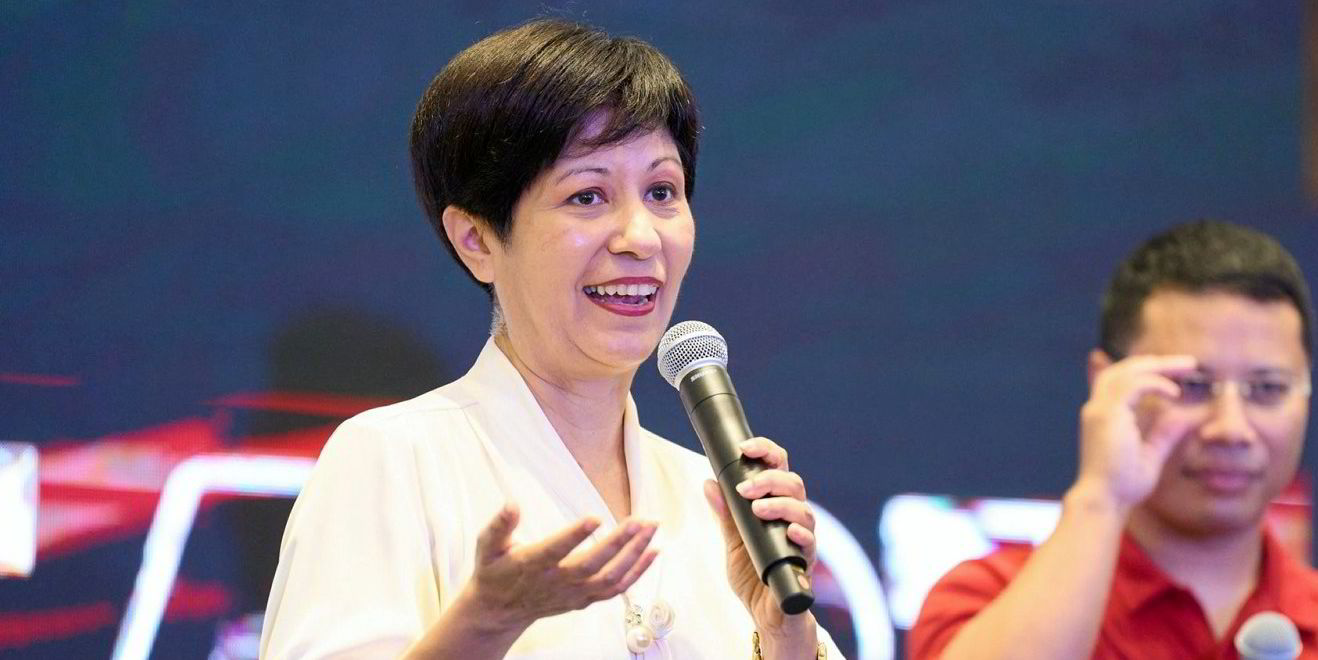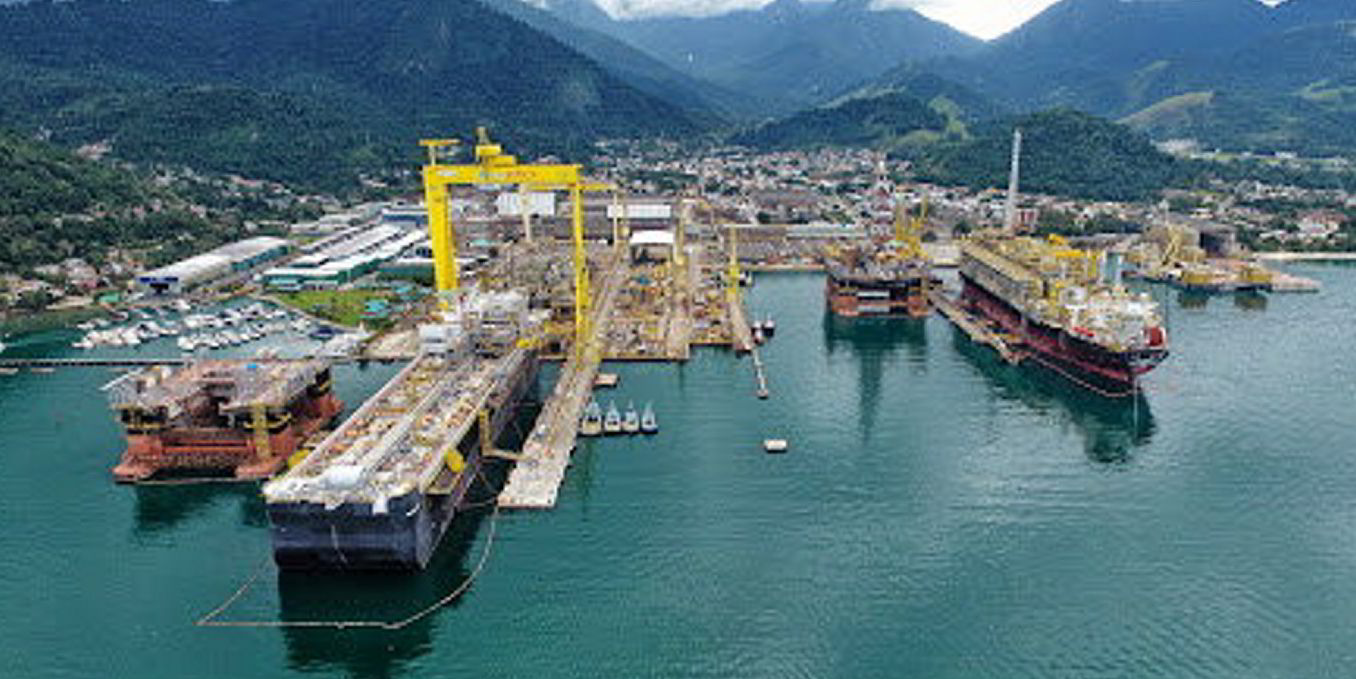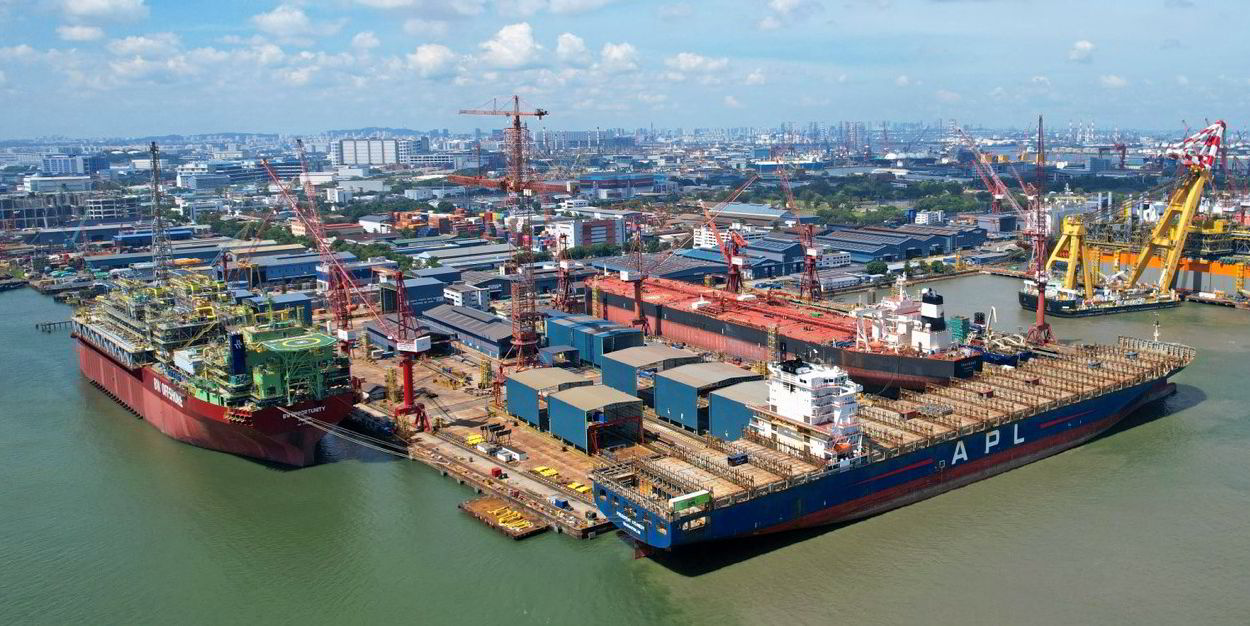A senior Singapore government minister is to respond to questions as to why six ex-Keppel Corp executives were not prosecuted for their role in the payment of bribes to secure newbuilding contracts in Brazil.
Minister in the prime minister’s office Indranee Rajah said she will be explaining the facts of the probe during the next session of Singapore’s parliament on Monday.
“I am aware some people have made assertions about the stern warnings issued by Corrupt Practices Investigation Bureau (CPIB) on 11 January 2023 to six former senior management staff of Keppel Offshore & Marine (KOM) in lieu of prosecution,” she said in a Facebook posting.
“These assertions are being made based on an inadequate understanding of the facts and of the deferred prosecution agreement (DPA) between KOM and the US Department of Justice and the US Attorney’s Office.”
Rajah said that Singapore as a country and as a government, does not condone or tolerate corruption. “This has always been our position, and continues to be so,” she said.
“If there were grounds and sufficient evidence to bring criminal charges, they would have been brought.
“At the same time, criminal proceedings cannot be initiated based on sentiment. The rule of law applies both ways.”
Separately, several members of parliament are said to have filed parliamentary questions on the issue including MPs from Singapore’s opposition party.
One question tabled to the prime minister asks why the names of the six individuals, said to be former senior management staff of KOM, has not been disclosed.
The CPIB said it conducted investigations into the six individuals who had allegedly conspired with each other to give bribe payments totalling about $55m to foreign consultants involved in KOM’s business interests in Brazil.
These consultants then used these monies to pay bribes to Petrobras officials.
Subsequently, the rig-builder has paid a total fine of $422m and fulfilled all obligations under the conditional warning, according to the CPIB.
In its statement issued in early January, the CPIB described the case as “complex and transnational, involving multiple authorities and witnesses from several countries”.
“There are evidentiary difficulties in cases of such nature. Many of the documents are located in different jurisdictions. In addition, key witnesses are located outside of Singapore and cannot be compelled to give evidence here,” the CPIB said.
The decision on whether to prosecute the six individuals for criminal offences was said to have “taken into consideration all relevant factors, such as the culpability of each individual, the available evidence and what is appropriate in the circumstances”.






